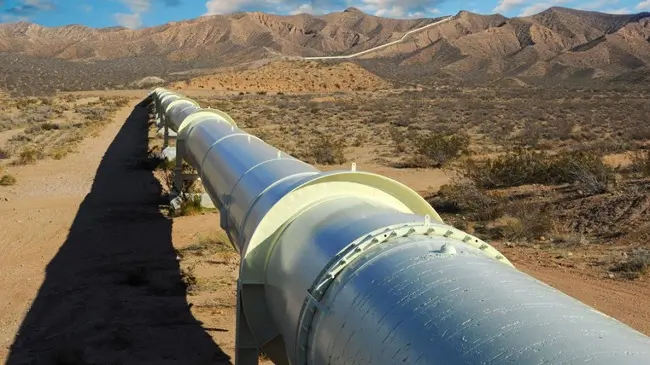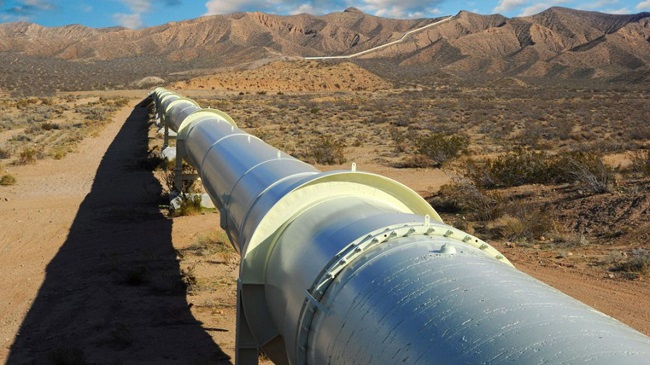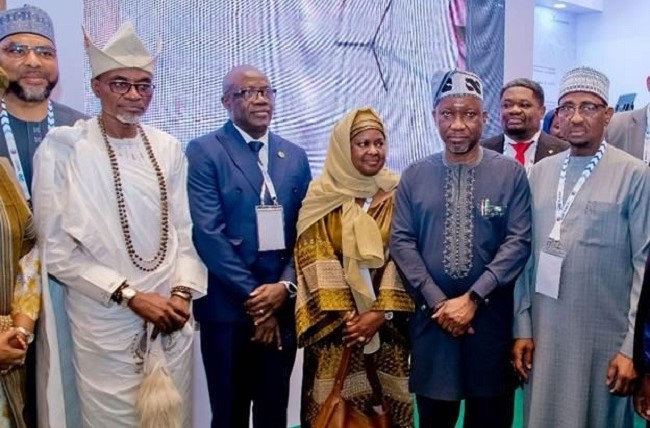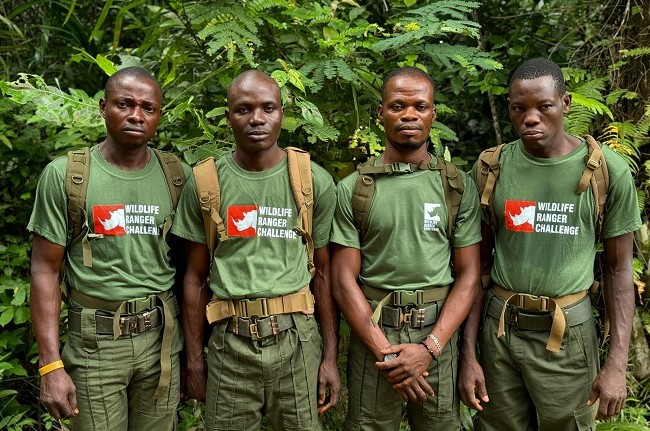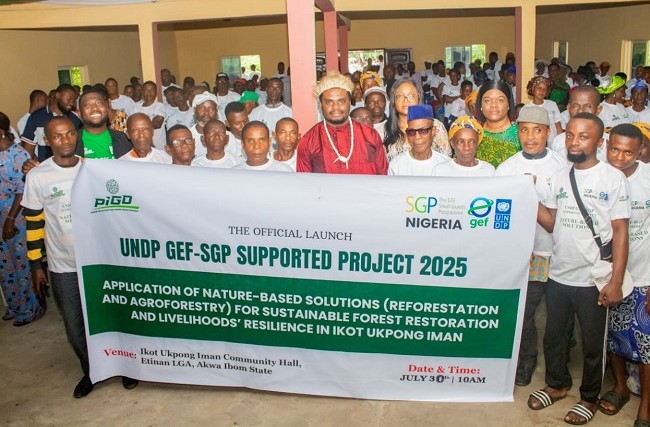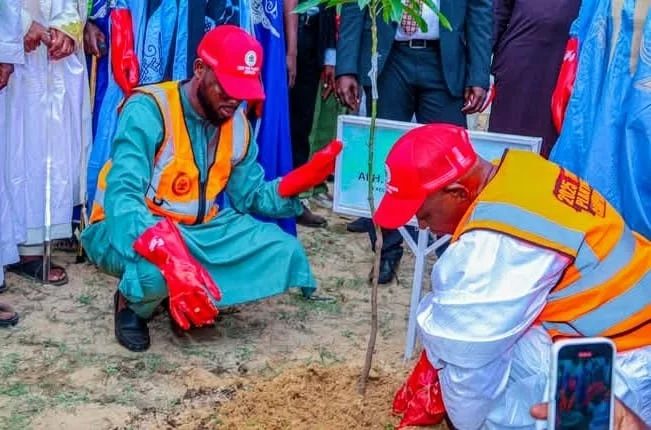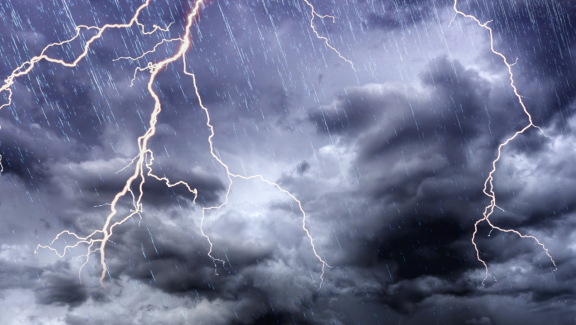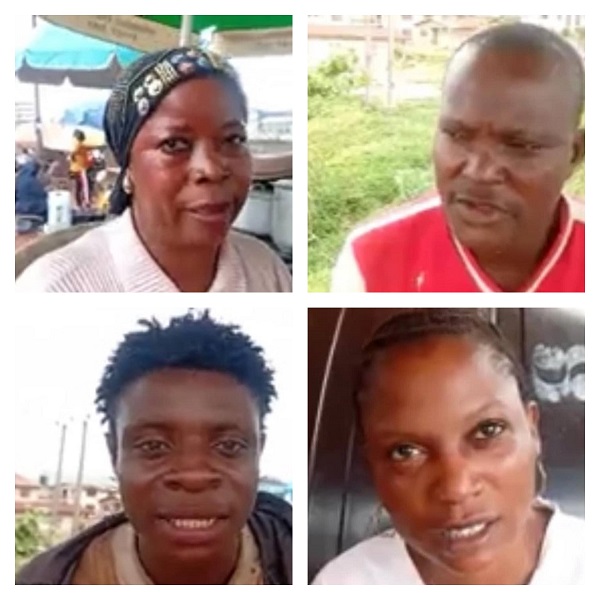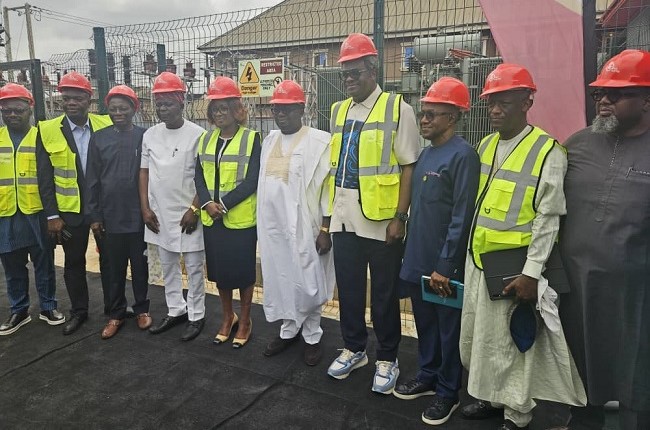As climate risks intensify, African cities are stepping up. From mayors and policy makers to youth activists and business leaders, stakeholders from across the continent gathered in Tangier, Morocco, to chart a shared path toward low-emission, climate-resilient urban development.
The Regional Green Economy Forum 2025 brought together over 500 delegates from across Africa. The Forum concluded with the adoption of the Tangier Declaration on Accelerating Green Economy and Carbon Neutrality in African Cities, a united call to scale up urban climate action across the continent.
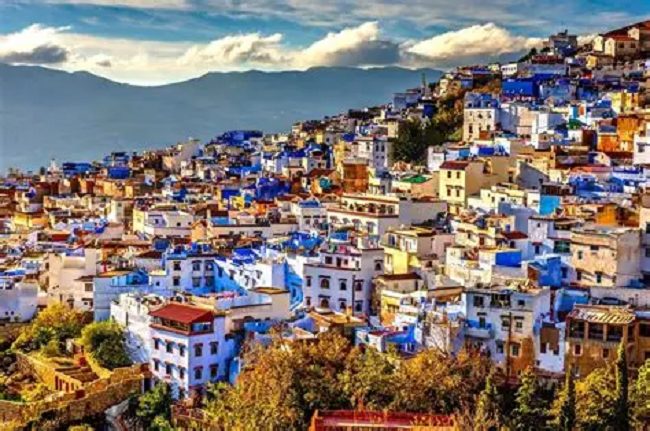
The declaration acknowledged the severe and growing impacts of climate change on African cities, despite their historically low contribution to global emissions. It reaffirmed the important role of cities and local governments in implementing climate solutions, recognising their unique ability to shape urban planning, mobilize communities, and drive green investments.
It frames the transition to carbon-neutral cities as both an urgent climate priority and a development opportunity, with the potential to boost public services, foster local innovation and build lasting economic resilience.
Key outcomes of the declaration include:
- A commitment to integrate carbon neutrality into urban development plans aligned with Nationally Determined Contributions (NDCs).
- Support for 11 African pilot cities under the World Green Economy Organization’s Carbon-Neutral Cities Initiative, including Chefchaouen, Nouakchott, and Jinja.
- Emphasis on inclusive public-private partnerships, green job creation, and digital innovation.
- Calls for enhanced access to climate finance, capacity building, and regional knowledge-sharing platforms.
The outcomes show that cities and local governments are key to climate action in Africa. They also highlight the wide range of actions needed, including nature-based solutions such as planting trees in cities and protecting coastlines, as well as making sure climate is considered in all urban planning decisions.
The Tangier Declaration is a timely step forward as attention now turns to implementation at the upcoming Climate Week in Addis Ababa, Ethiopia (September 1–6, 2025). The week will play a key role in translating global climate commitments into concrete action on the ground, with a strong focus on local priorities and solutions.
The progress shown in Tangier provides a solid basis for the discussions to come and signals Africa’s readiness to lead in shaping a sustainable, climate-resilient urban future.

